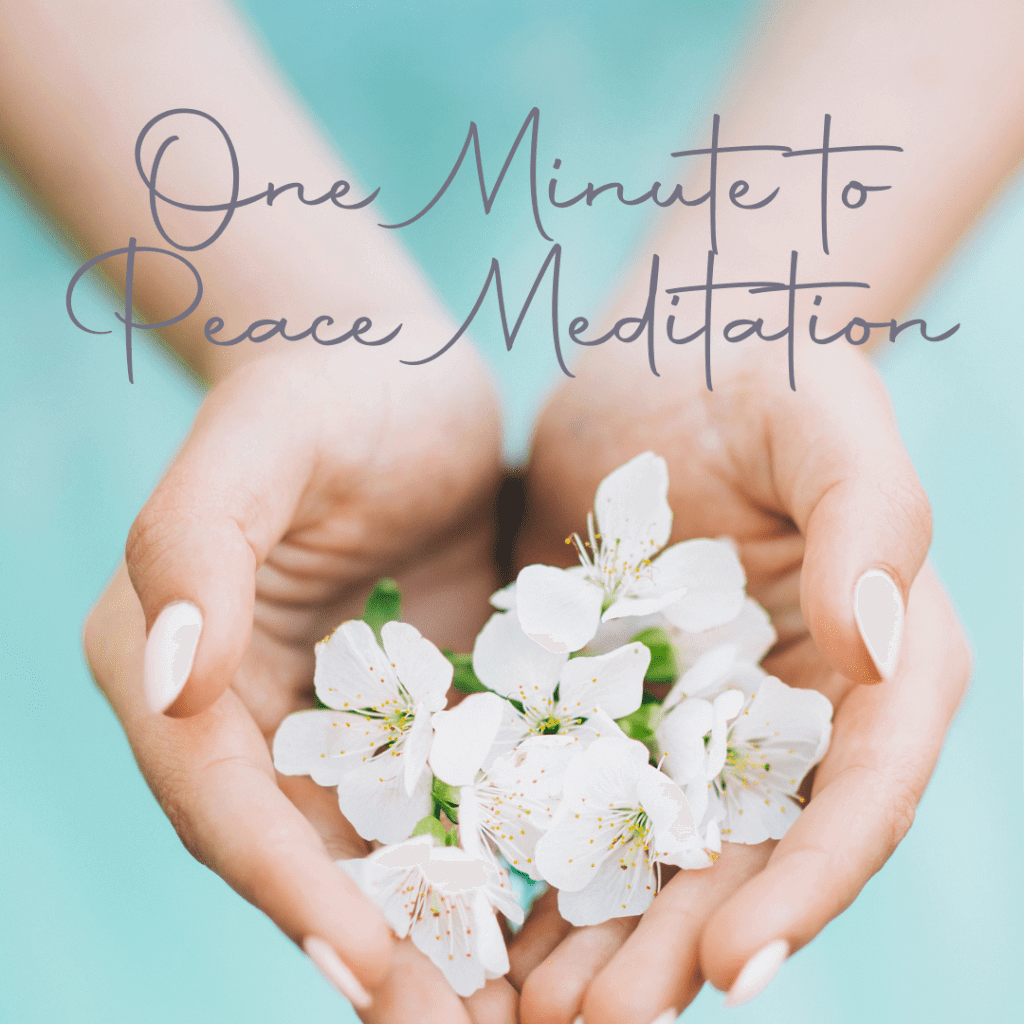
Emotional Triggers: Feelings That Push Our Buttons
Hey there! You might’ve stumbled upon this article because you’re curious about emotional triggers, and that’s wonderful! We’re going to briefly dive into what they are, how to identify them, and give a sprinkle of examples. Strap in and enjoy the ride, my friend!
Emotional triggers, much like that feeling when the coworker you dislike smugly speaks up in a meeting, are intense emotional reactions caused by anything from memories to experiences or even events. Whether you like it or not, you’ll encounter these pesky triggers throughout your life. Luckily, identifying them and knowing how to manage your reactions can save you from being the office drama queen or king.
Your emotional triggers can be categorized into various groups ranging from feeling unsafe to feeling unloved or even manipulated. You might unknowingly flash an annoyed reaction when your work buddy swipes your favorite pen, or you could be in an endless loop of frustration when dealing with a particularly challenging task. No matter the category, knowing your emotional triggers can help you remain calm, cool, and collected in sticky situations.
Let’s say you’re at a family gathering, and your cousin starts bragging about their recent promotion. Your heart starts pounding, your face flushes red, and suddenly, you remember that time you were passed over for a promotion. Congratulations! You’ve just experienced an emotional trigger in action. Take a deep breath, smile, and remind yourself that life’s a rollercoaster, and you’re just along for the ride.
Understanding Emotional Triggers
Definition and Examples
Let’s start with what an emotional trigger is, shall we? An emotional trigger is anything that sparks an intense emotional reaction, regardless of your current mood. These triggers are often associated with memories or experiences that prompt feelings like anger, sadness, or fear. Here are a few common categories and examples of emotional triggers:
- Relationships: Criticism, rejection, or feeling ignored
- Work: Deadlines, workload, or feeling unappreciated
- Social situations: Crowds, meeting new people, or public speaking
Now that you’ve got the gist of it, let’s move on to identifying those pesky triggers, shall we?
Recognize Your Triggers
You’re in a social gathering, and someone cracks a joke that, for some reason, makes you feel off-center. Huh! We’ve all been there, haven’t we? Well, congrats, you’ve just experienced an trigger. Here are some surefire ways to identify triggers in various situations:
- Notice your reaction: When you feel a surge of intense emotion, take a step back and ask yourself, “What just happened to make me feel this way?”
- Reflect on previous experiences: After identifying the situation that caused your reaction, think back to similar experiences in your past. Are you noticing a pattern?
- Journal your thoughts: Put pen to paper and write down the situations that triggered you, and how you felt in those moments. Over time, you’ll likely see patterns emerge.
Remember, there’s nothing wrong with having emotional triggers—it’s completely normal! What’s important is recognizing them and understanding how to manage those emotions when they strike. Now that you’re armed with this knowledge, go forth and conquer those triggers with confidence!
And don’t forget to have a little fun while you’re at it! 😉
Emotional triggers can be quite complex, but they generally fall into a few main categories. In this section, we’ll explore some common triggers related to interpersonal relationships, stress and anxiety, as well as memories and past experiences. Let’s dive into the wonderful world of your feelings!
Identify Emotional Triggers
Interpersonal Relationships
Ah, relationships – the source of both our greatest joys and heartaches. It’s no surprise that your interactions with other people can spark some intense emotions. Common emotional triggers in relationships include:
- Feeling disrespected or criticized
- Perceiving rejection or abandonment
- Being ignored or feeling unheard
Next time your partner or friend does something that sets you off, take a deep breath and ask yourself if it’s really about them or something inside yourself at play.
Stress and Anxiety
We all know stress can wreak havoc on our mental health, and sometimes it serves as a trigger. Common stress-related triggers might include:
- Feeling overwhelmed by your workload
- Worrying about finances or job security
- Experiencing physical discomfort or ailments
Remember, you have the power to shape your response to stressors. I often told my daughter, when she was a teenager, that it was always HER choice had the choice to react or not (of course, explaining this to a teenager might have been a trigger for me in the end). Taking a moment to reassess the situation and regain control of your emotions is always appropriate when the stress alarm bells start ringing.
Memories and Past Experiences
Your memories and past experiences can also contain triggers that might not seem logical in the present moment. Some examples might be:
- A song that reminds you of a tough breakup
- Encountering a scent that brings back a traumatic event
- Returning to a location where you experienced a painful incident
In these cases, it’s important to remind yourself that you are not reliving the experience. Instead, you’re simply reacting to a reminder, and you can choose how to respond.
A journey into the realm of your triggers can be a rollercoaster ride, full of ups, downs, and the occasional unexpected loop-de-loop. But by understanding some common categories and remembering that you have the power to shape your response, you can better navigate the emotional landscape of your life.
Listen to my meditations on the free Insight Timer app OR YouTube 🧘
Humorous Types of Triggers
When the TV Remote Plays Hide and Seek
Isn’t it frustrating when you can’t find the TV remote? This common household annoyance can act as an trigger for some. It might seem trivial, but something as simple as a missing remote control can cause an unexpected bout of anxiety or irritation. You know how it goes: one minute you’re in a perfectly good mood, and the next minute, you’re overturning your entire living room to hunt down the remote.
The hidden TV remote magically reveals itself wedged between the couch cushions when you’re about to lose your cool. You have to admit that these minor inconveniences make you laugh in hindsight.
The Grocery Store Shopping Cart Showdown
Another humorous trigger scenario occurs at the grocery store. You arrive, grab a cart, and make your way through the aisles, only to find yourself face-to-face with another shopper. As you both reach for the box of cereal at the same time, an awkward showdown ensues. In this moment, you might feel a surge of competitiveness to secure your prized box of cereal.
As the situation escalates in your mind, you’re well aware that it’s a trivial matter. Even knowing that it’s not a big deal, your emotions may still get the best of you. When you reflect on the encounter later, you can’t help but chuckle at the ridiculousness of it all.
Seriously Feeling Triggered
More serious emotional triggers are anything (memories, experiences, or events) that spark an intense reaction, regardless of your current mood. It’s important to recognize that triggers aren’t one-size-fits-all. What pushes one person’s buttons might not even register for someone else. Learn to recognize the different types of triggers. Some common categories include:
- Relationships: Arguments, breakups, or any other interpersonal strife can really set you off (it took me years of healing to release some of the triggers from my abusive marriage).
- Work-related: Deadlines, demanding bosses, or challenging colleagues can cause your emotions to flare up.
- Health: Physical pain, fatigue, or illness can amplify emotional responses.
- Environment: Crowded places, loud noises, or an uncomfortable ambiance.
- Social situations: Confrontations, feeling judged, or having your boundaries crossed can be big-time triggers.

When do triggers occur? A triggering situation sneaky and can pop up when you least expect them. For instance, imagine you’re at your usual Sunday brunch, sipping a mimosa when suddenly, the conversation turns to a sensitive topic for you. Boom! Triggered. You might start feeling defensive, irritable, or overwhelmed.
These are the moments when your emotional reaction is so strong that it’s difficult to manage or control. They can lead to more distress and might even worsen symptoms of mental health condition.
In these situations, it’s crucial to resist the urge to downplay or ignore your triggers. After all, your feelings are trying to tell you something! Instead, maybe take a step back, a deep breath, and reassess your emotional state. It’s not all doom and gloom, though. Remember, triggers aren’t permanent, and with time, effort, and possibly the help of a mental health professional, you can learn how to manage them.
Next time you’re hit with a trigger, take it as a learning opportunity. With understanding, you’ll be better equipped to handle them in the future. And hey, you might even be able to embrace the ride, knowing that you’ve got the tools to cope.
In the meantime, be kind to yourself, and remember that emotional triggers are just one more ingredient in the unpredictable cocktail of life. Next, we talk about how to manage our triggers by using mindfulness and other supportive techniques.
Listen to my meditations on the free Insight Timer app OR YouTube 🧘







